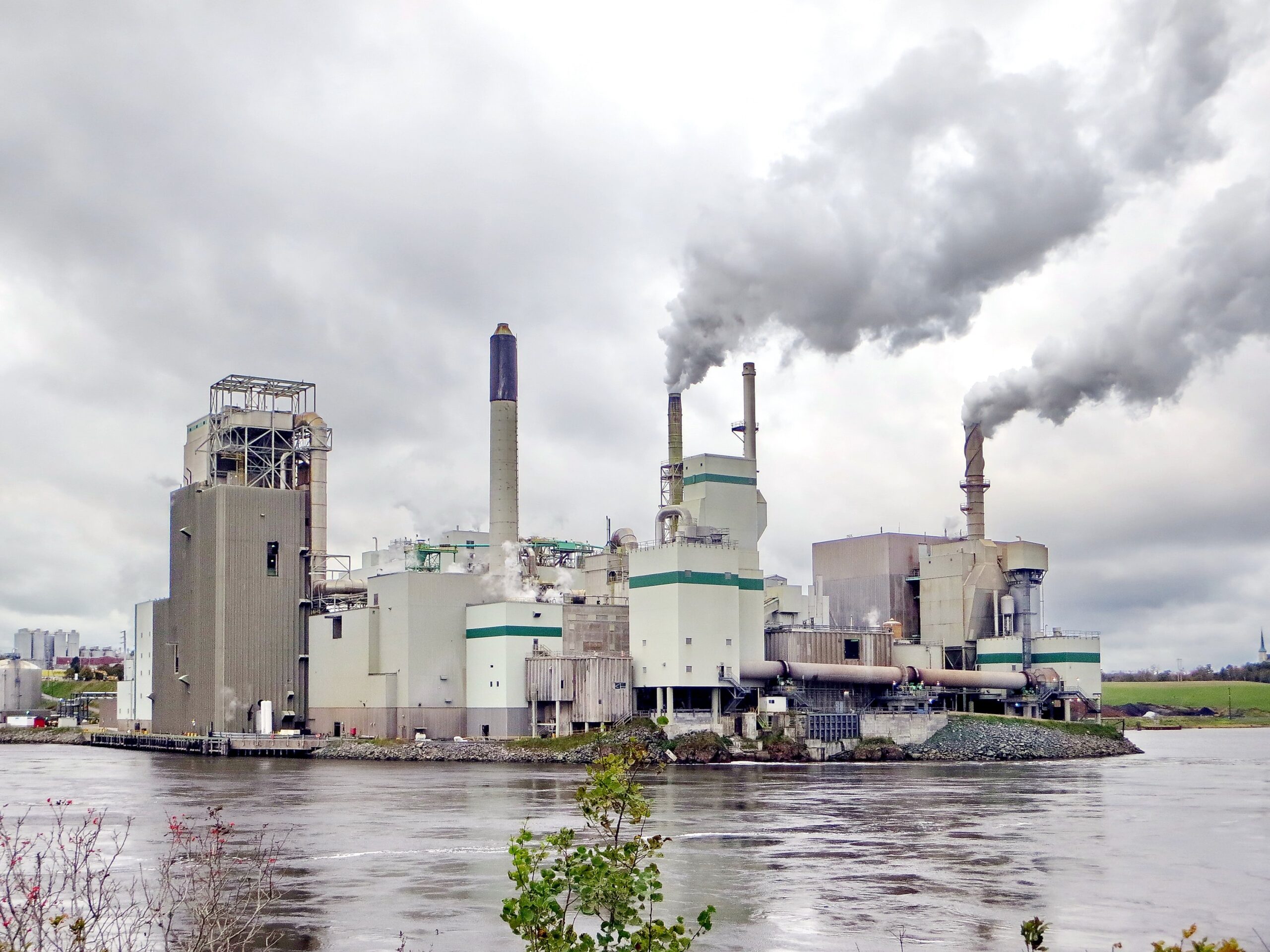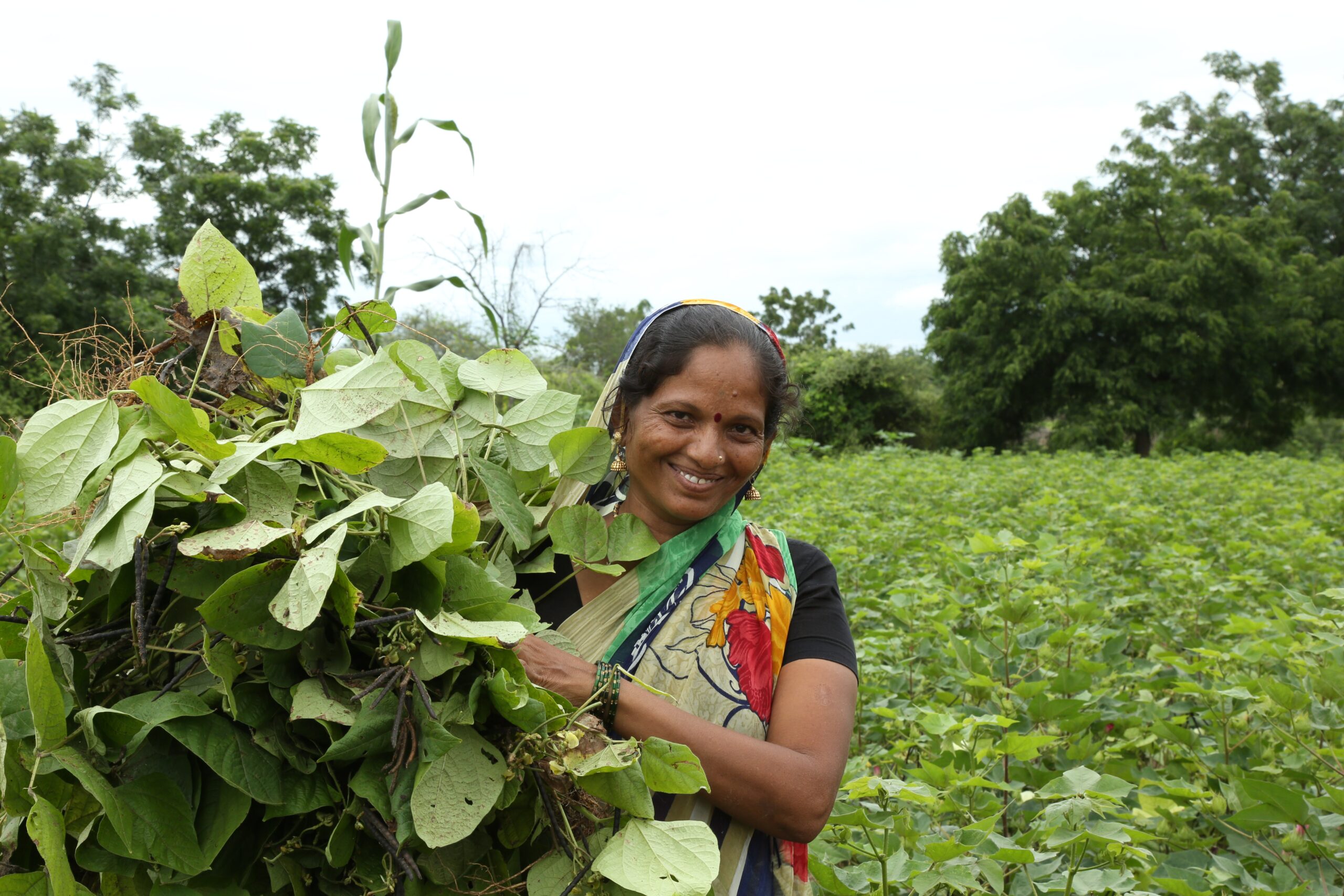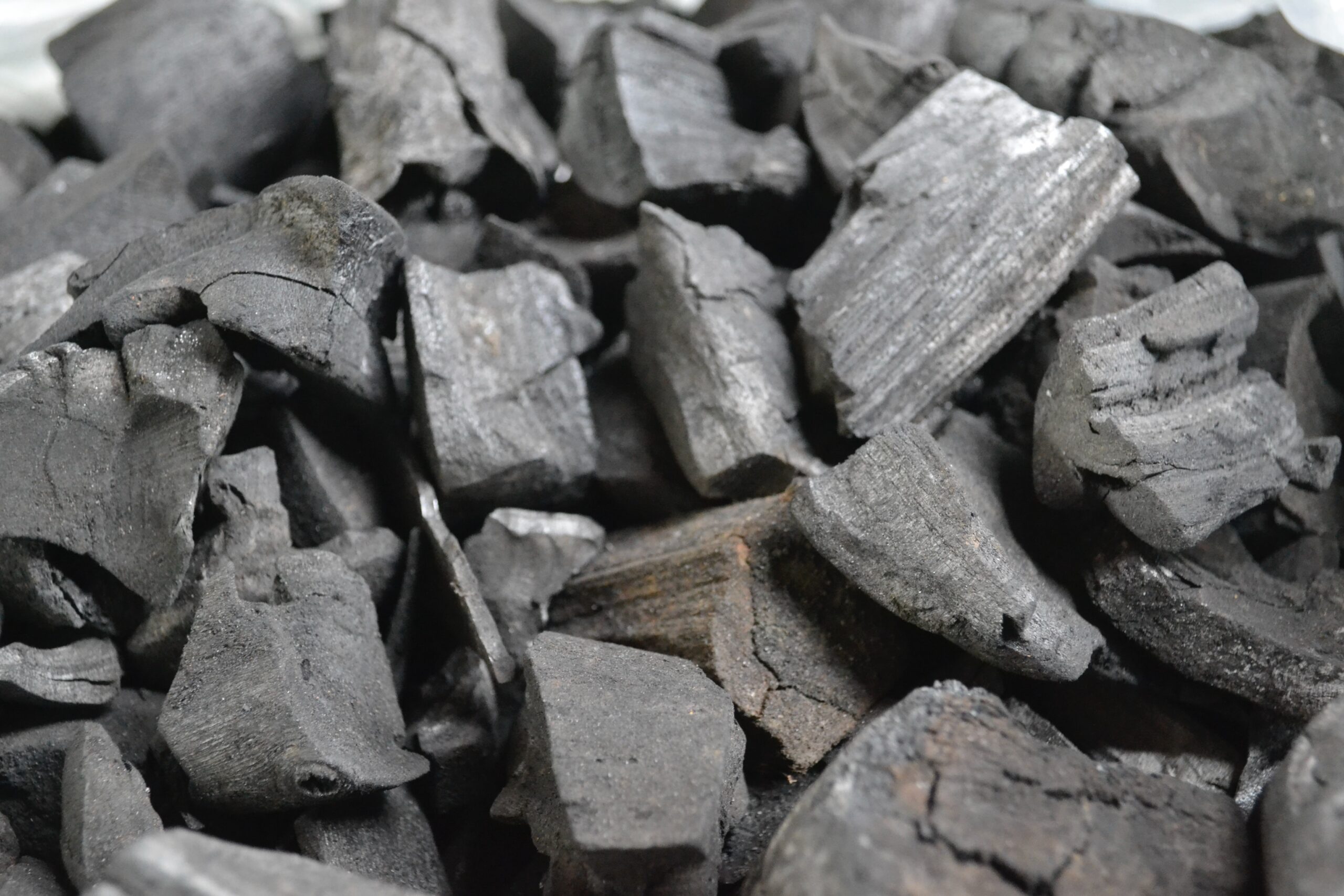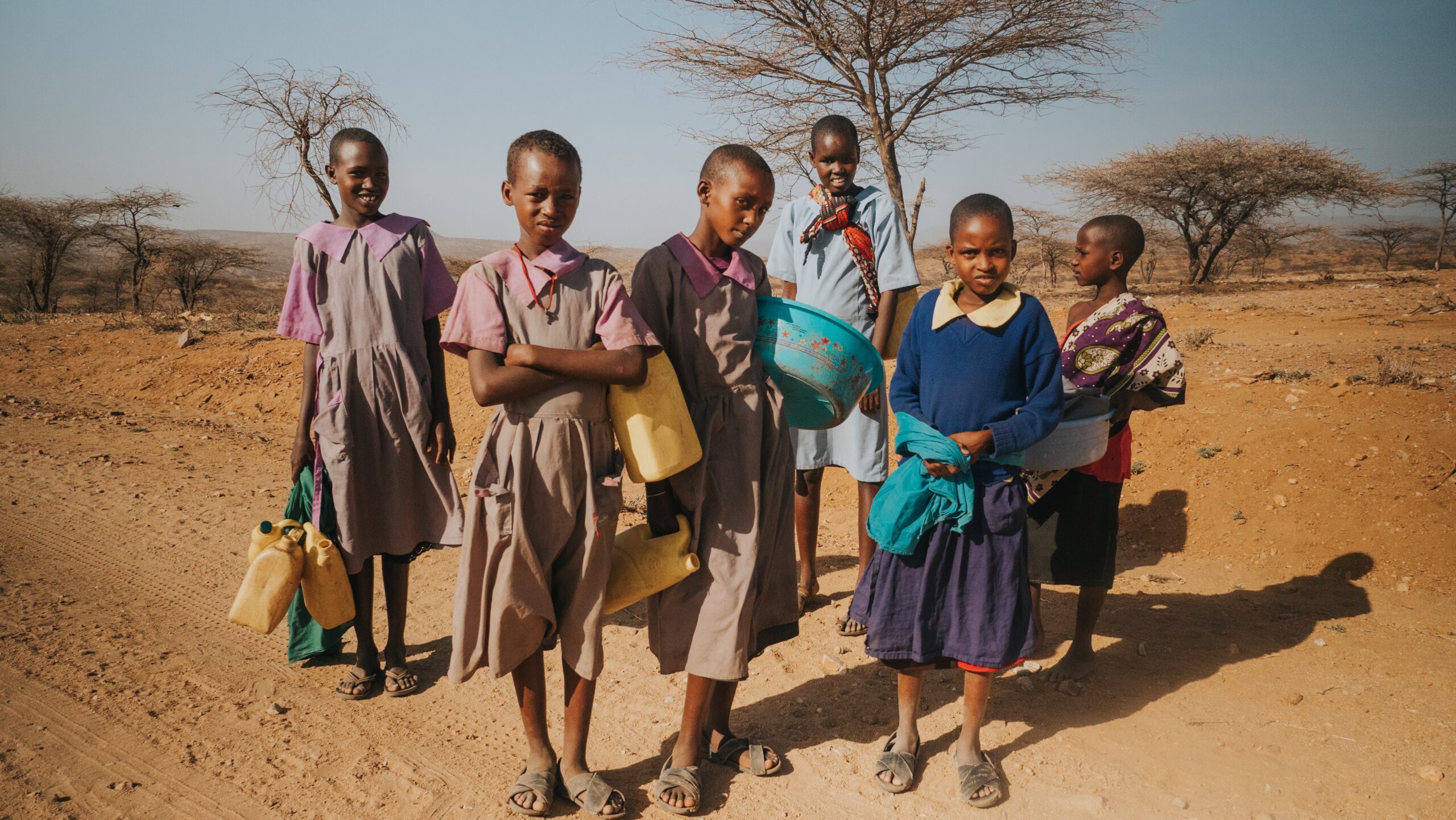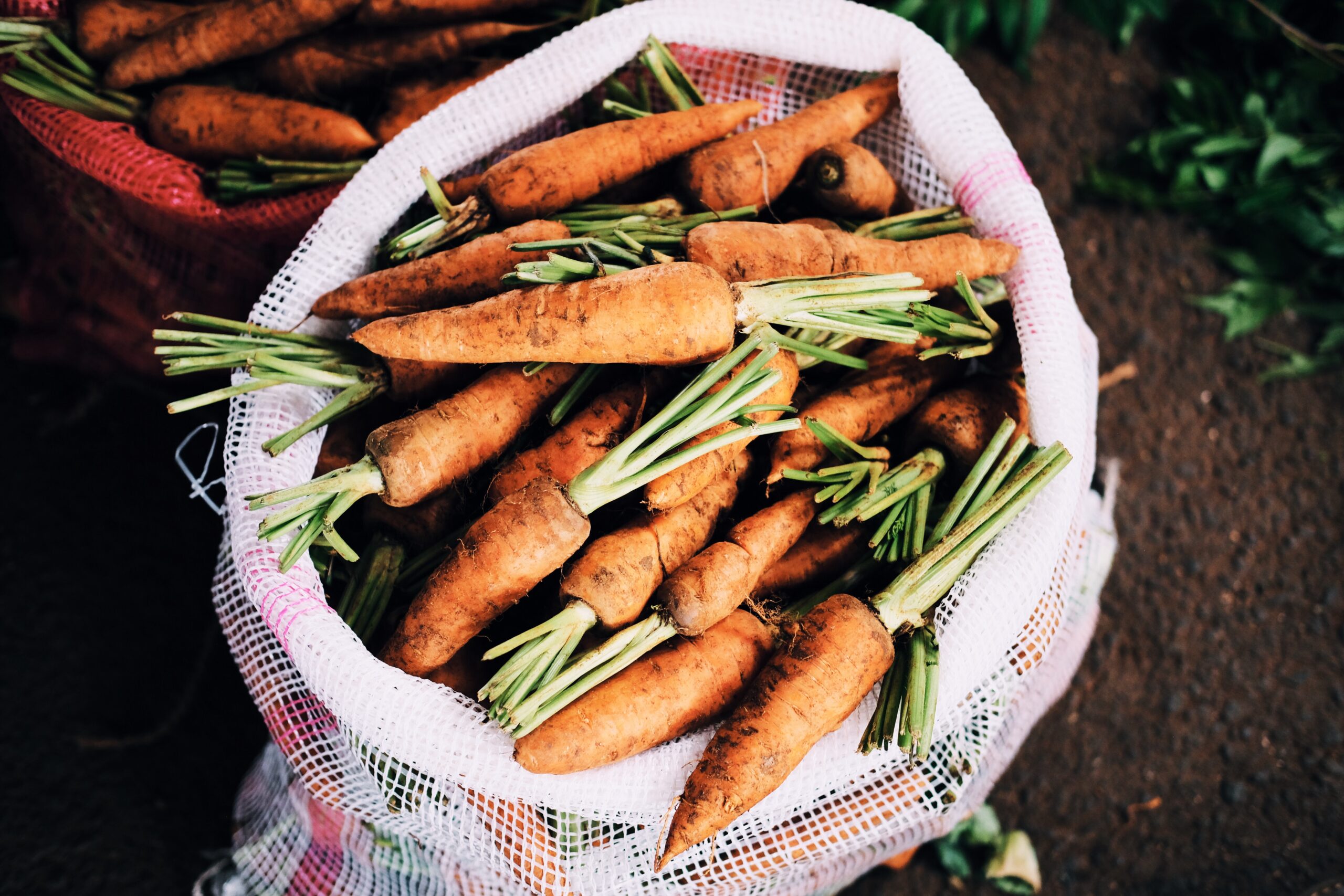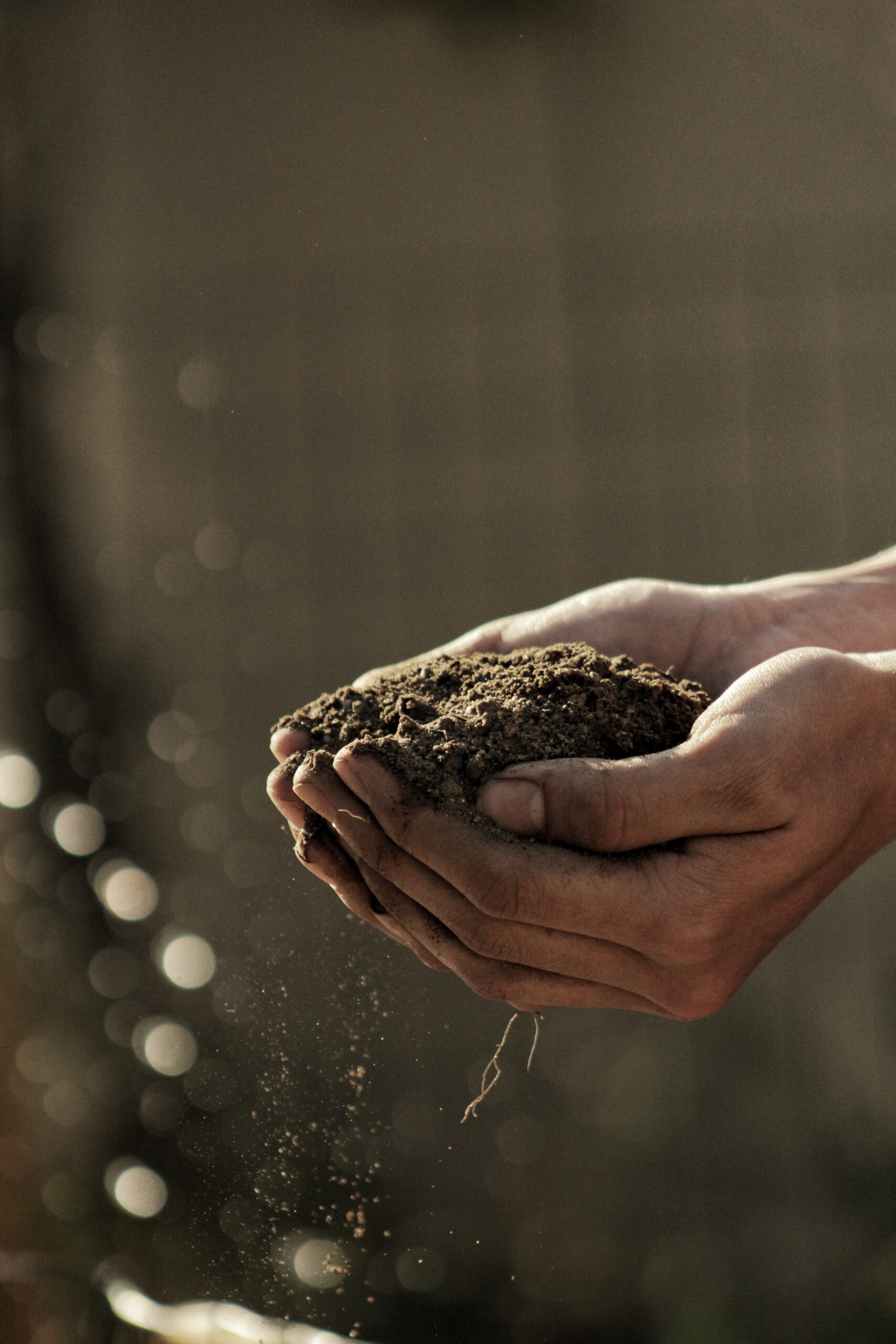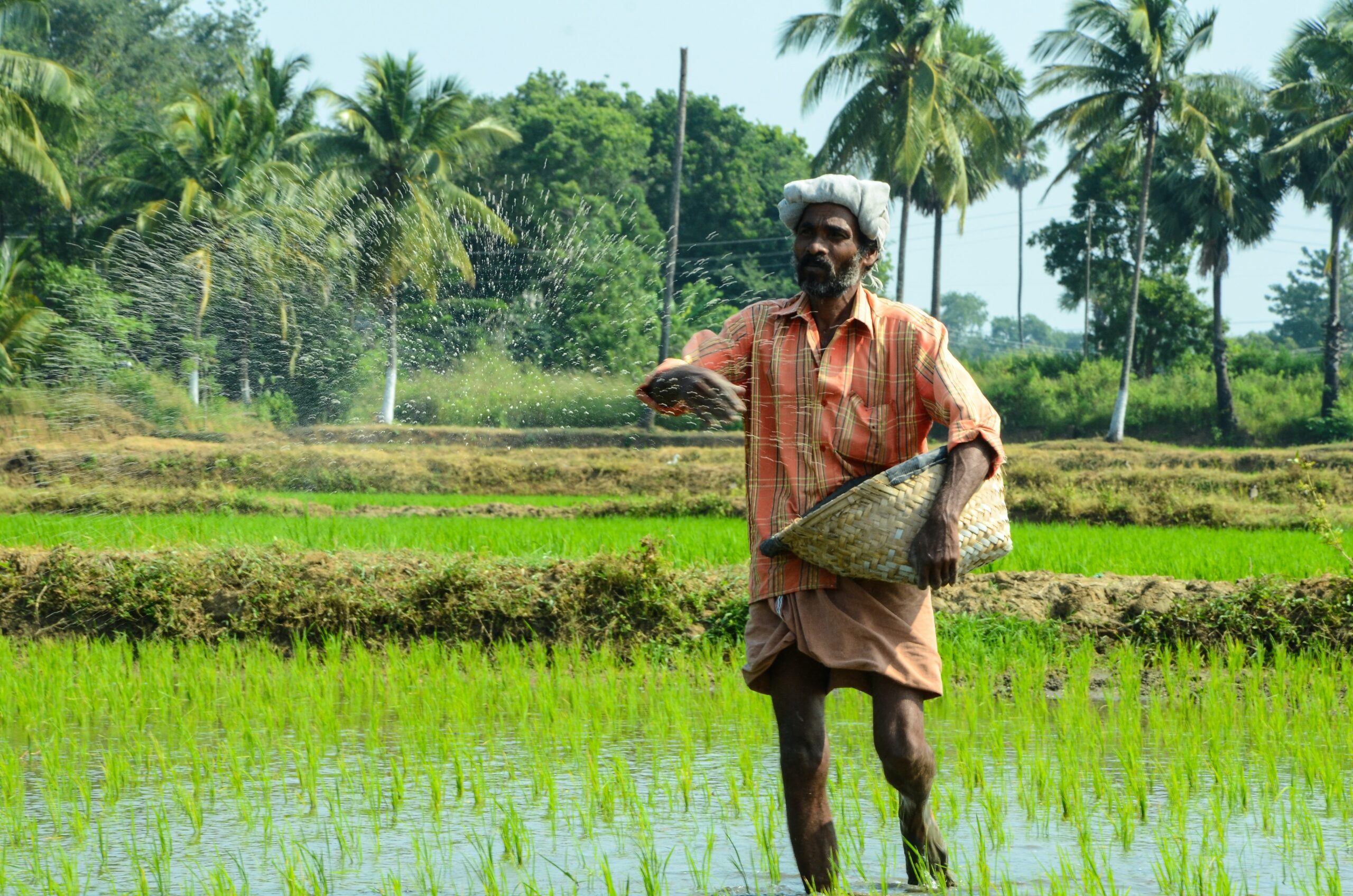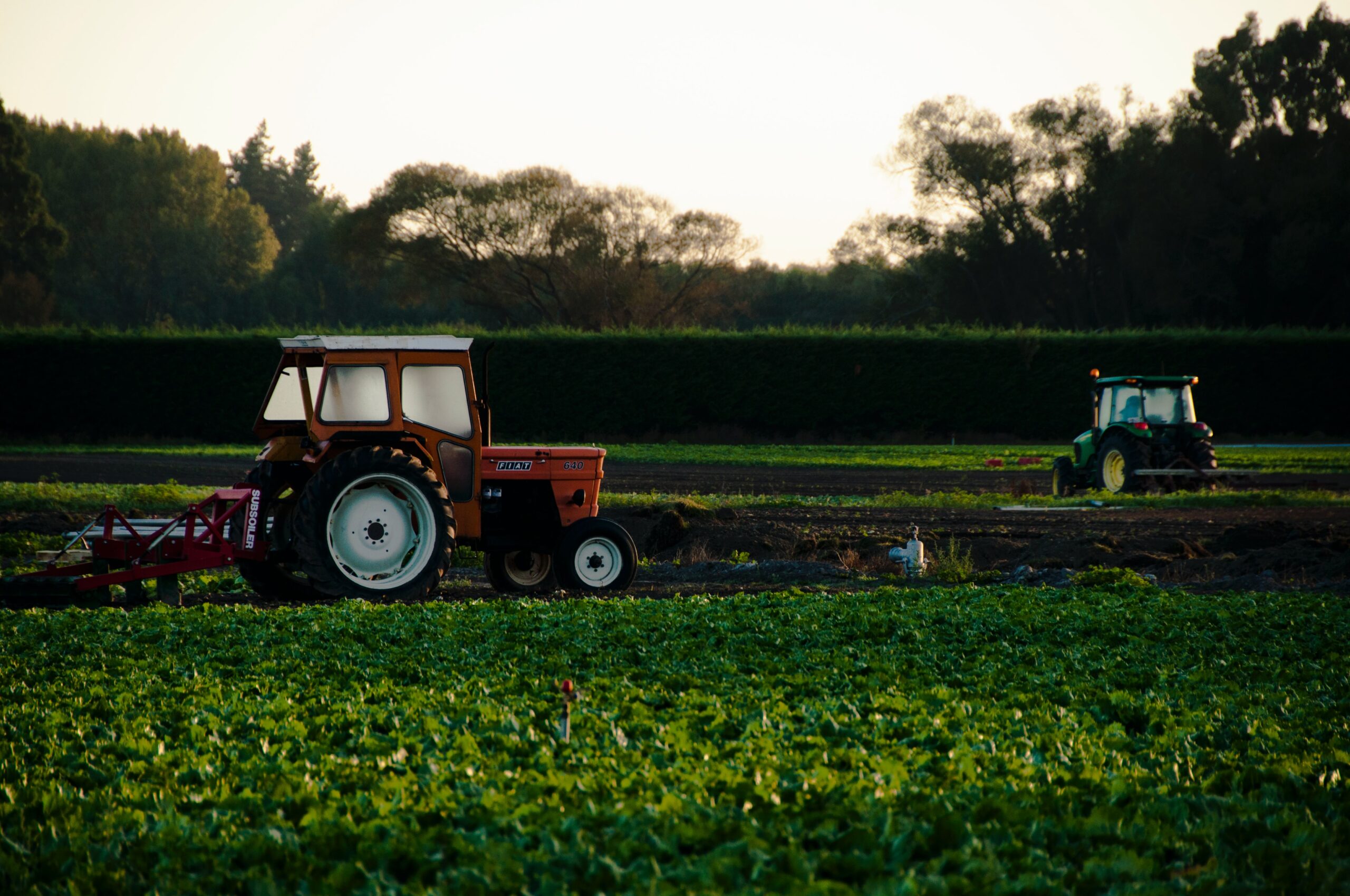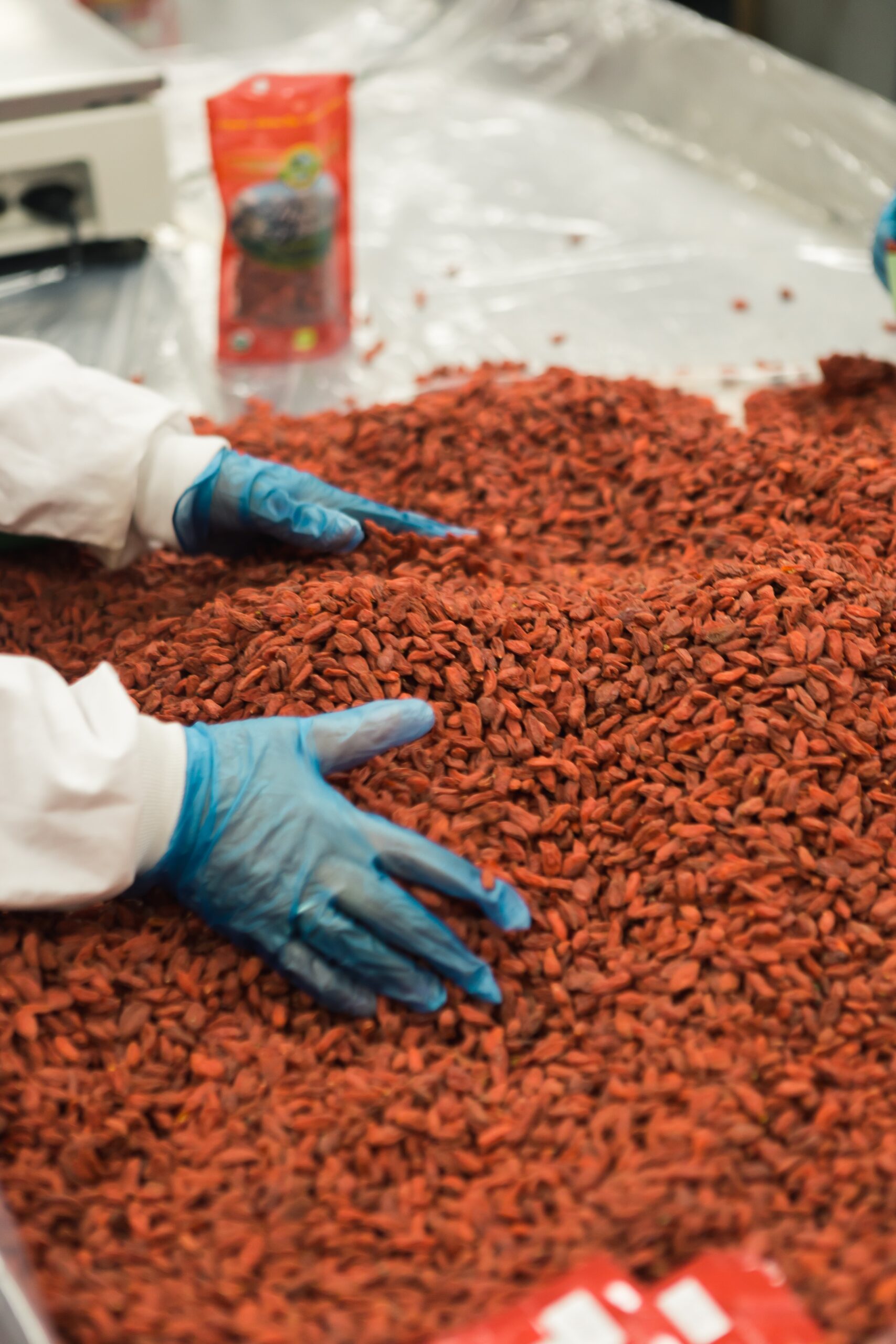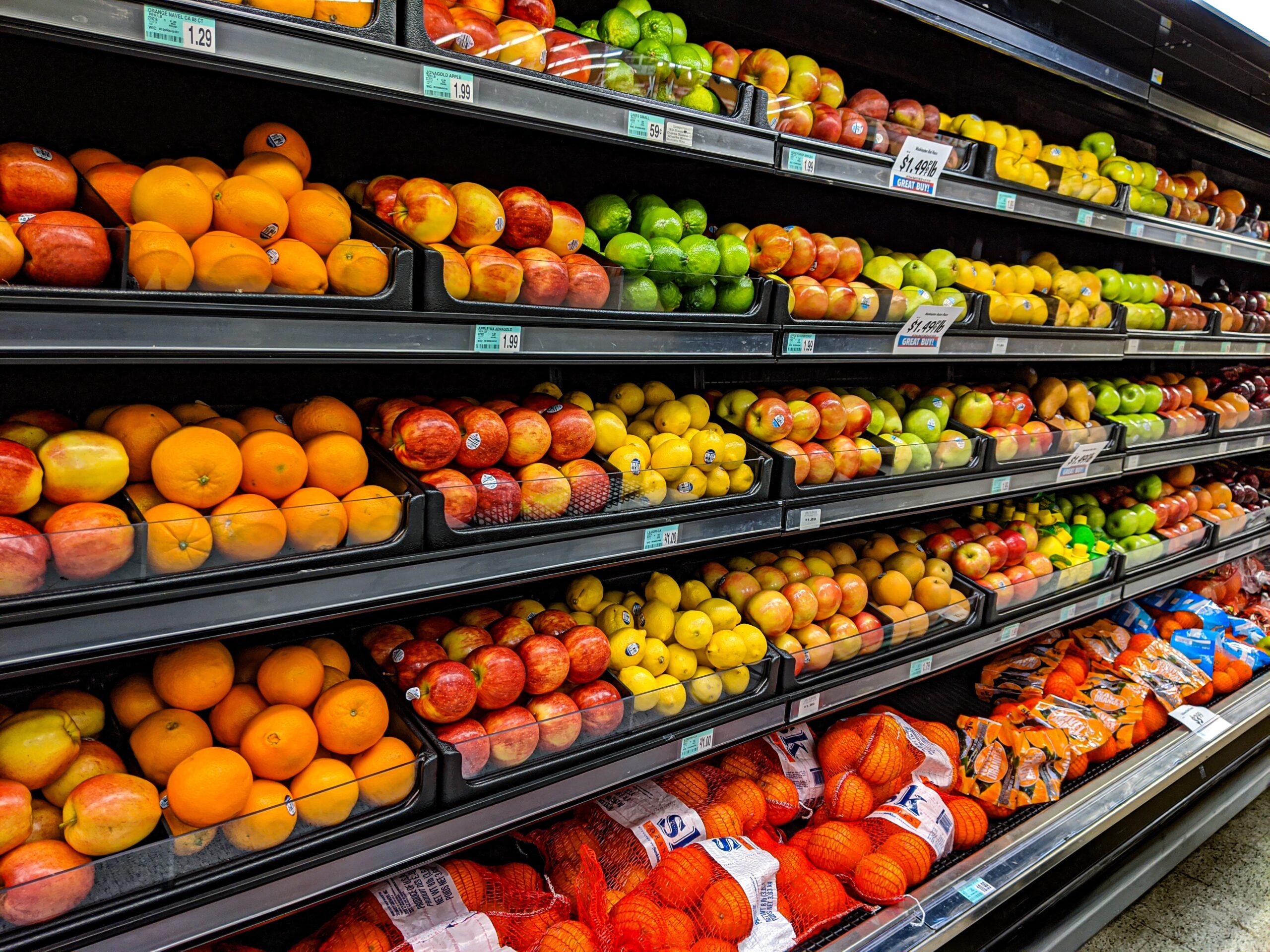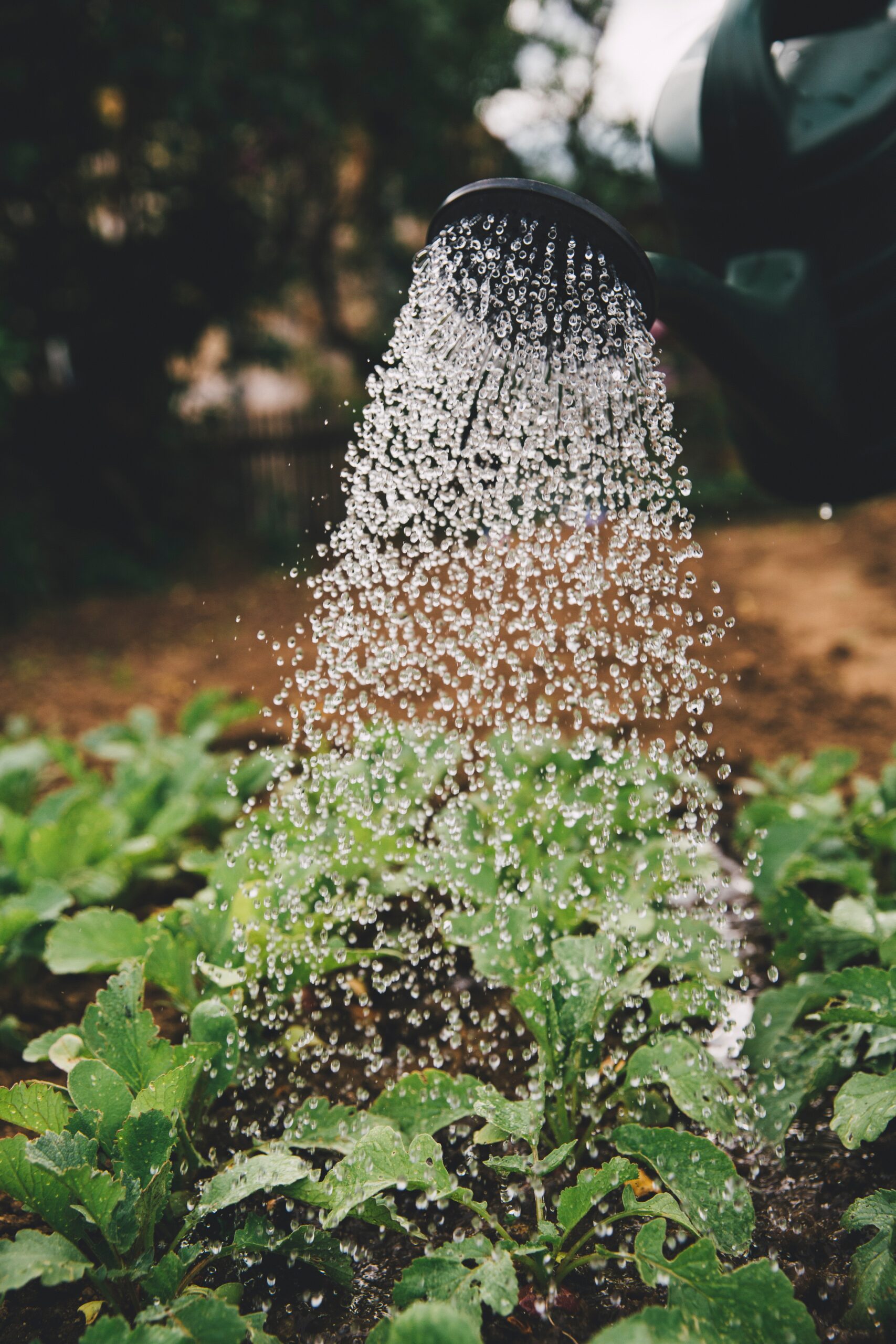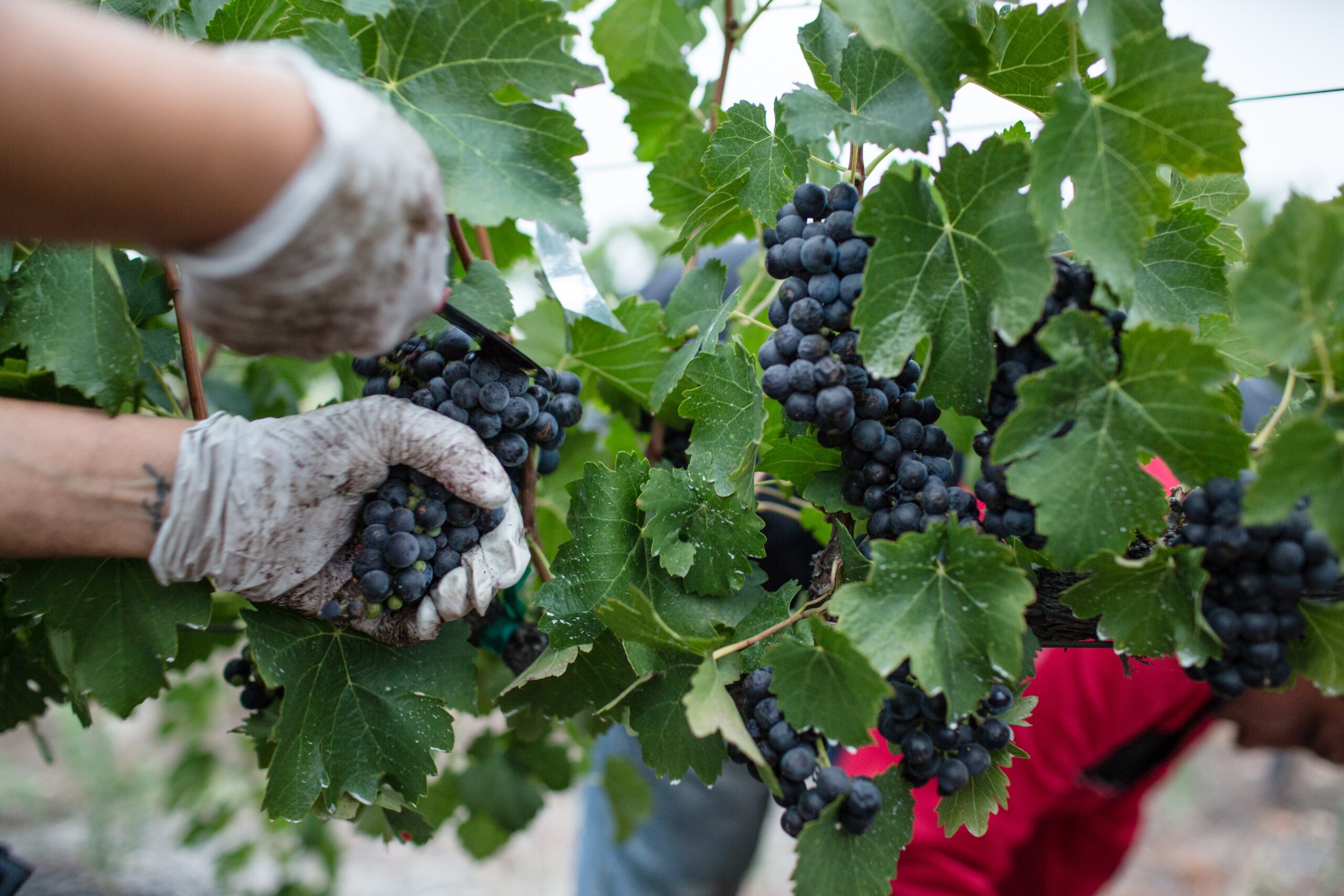Public support mechanisms for agriculture in many cases hinder the transformation towards healthier, more sustainable, equitable, and efficient food systems, thus actively steering us away from meeting the Sustainable Development Goals and targets of the Paris Agreement. This report sets out the compelling case for repurposing harmful agricultural producer support to reverse this situation, by optimizing the use of scarce public resources, strengthening economic recovery from the COVID-19 pandemic, and ultimately driving a food systems transformation that can support global sustainable development commitments. The report provides policymakers with an updated estimate of past and current agricultural producer support for 88 countries, projected up until 2030. The trends emerging from the analysis are a clear call for action at country, regional and global levels to phase out the most distortive, environmentally and socially harmful support, such as price incentives and coupled subsidies, and redirecting it towards investments in public goods and services for agriculture, such as research and development and infrastructure, as well as decoupled fiscal subsidies. Overall, the analysis highlights that, while removing and/or reducing harmful agricultural support is necessary, repurposing initiatives that include measures to minimize policy trade-offs will be needed to ensure a beneficial outcome overall. The report confirms that, while a few countries have started repurposing and reforming agricultural support, broader, deeper, and faster reforms are needed for food systems transformation. Thus, it provides guidance (in six steps) on how governments can repurpose agricultural producer support – and the reforms this will take.













































































































































































































































































































































































































































































































































































































































































































































































































































































































































































































